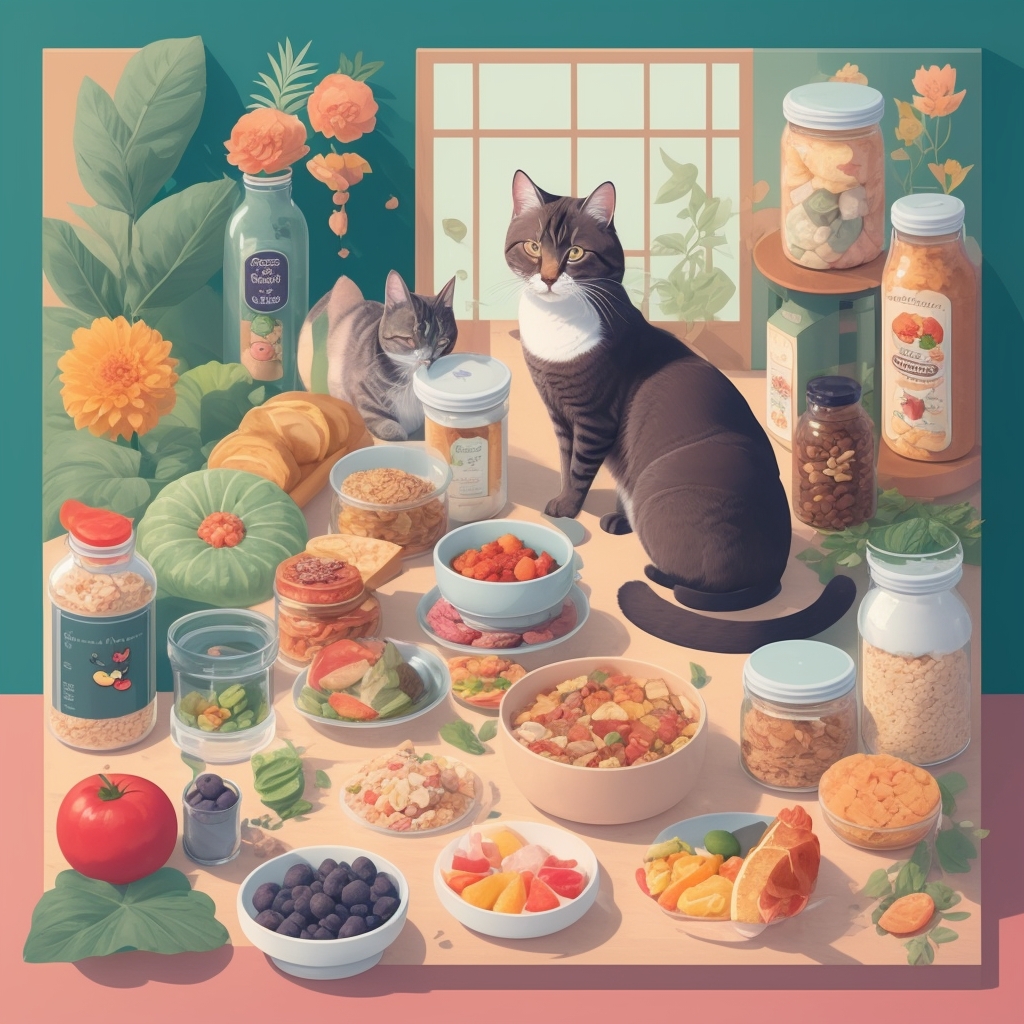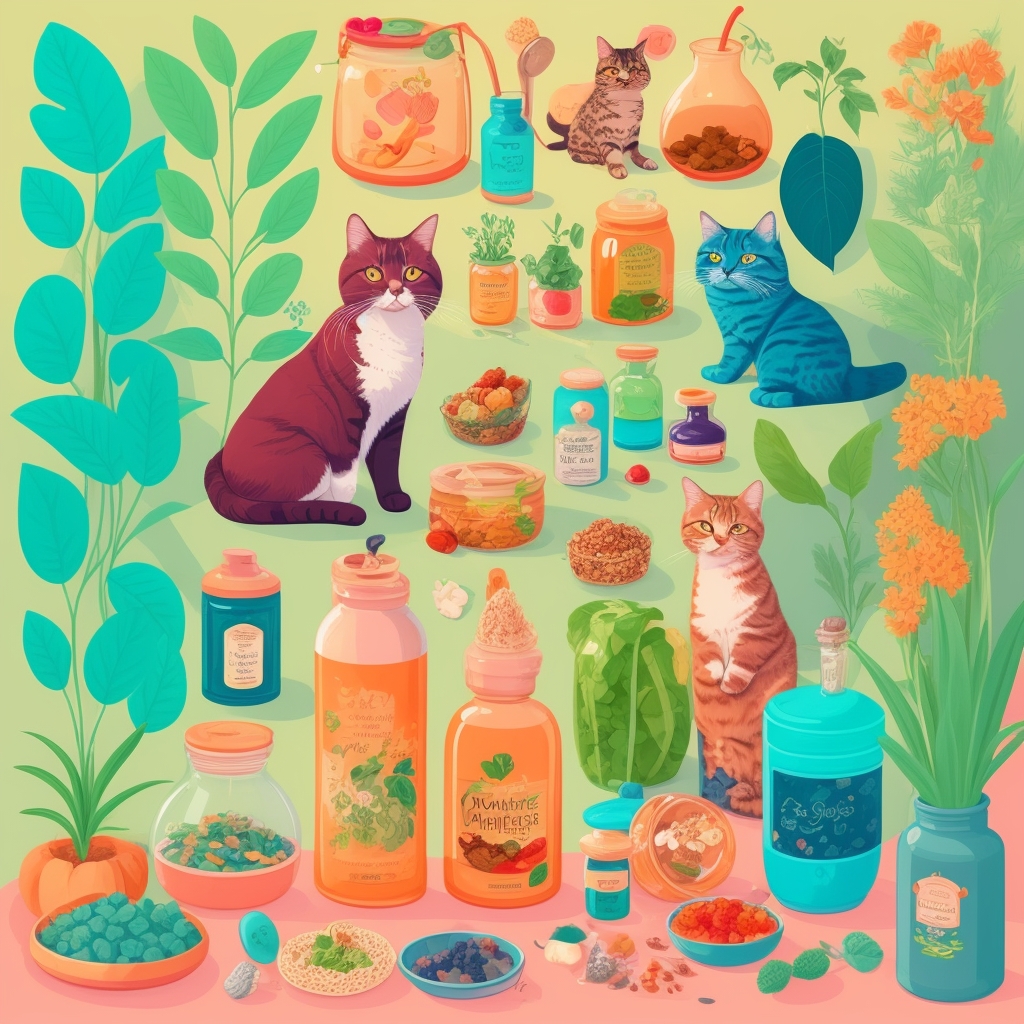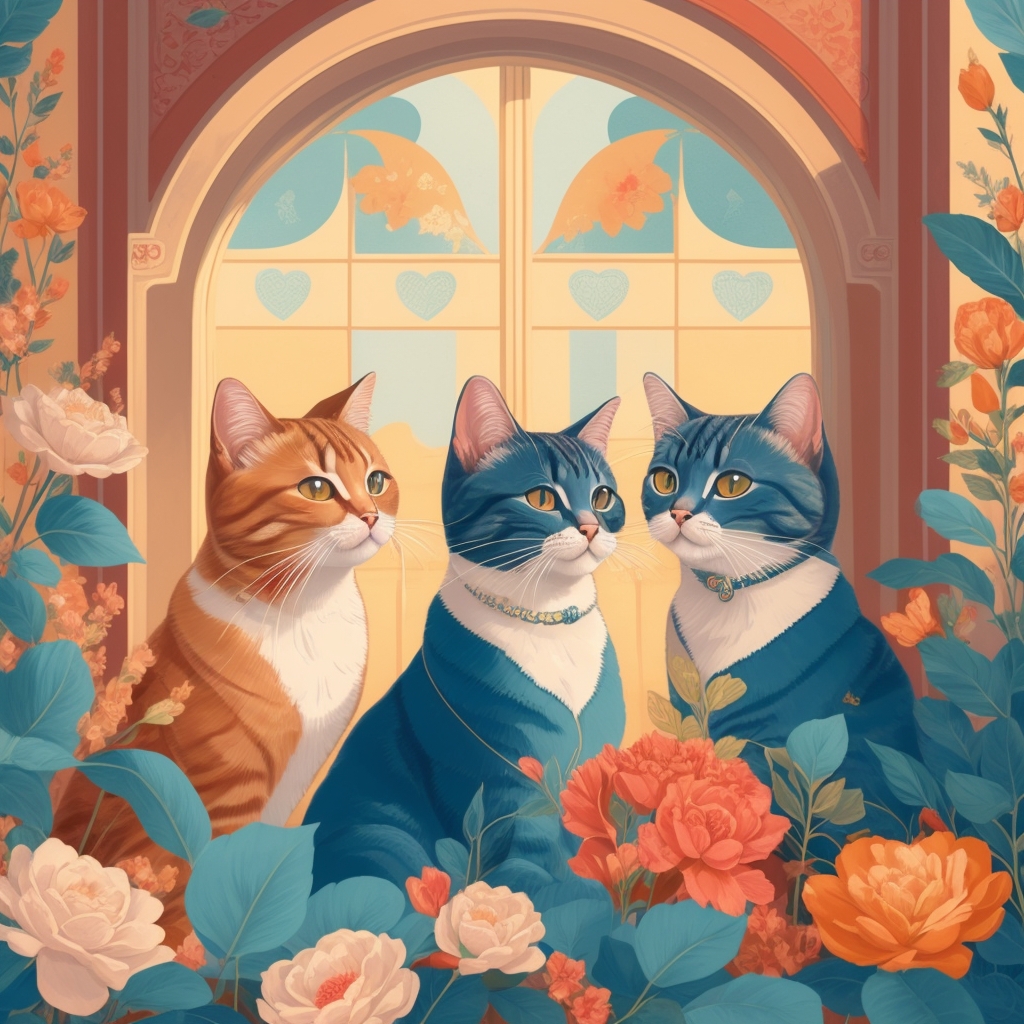Nutrition plays a fundamental role in the health and well-being of cats, and its importance only grows with age. Senior cats, generally considered those aged 7 and older, have specific dietary needs that differ from younger cats. This detailed guide explores best practices for feeding senior cats, essential nutrients to prioritize, and practical tips to ensure an appropriate diet.
Nutritional Needs of Senior Cats
Physiological Changes
As a cat ages, its metabolism slows down, and it may develop health issues such as arthritis, dental problems, or kidney disorders. These physiological changes necessitate an adaptation of their diet. It’s crucial to consider these factors to maintain a good quality of life.
Essential Nutrients
-
Proteins: Cats are obligate carnivores and require high-quality proteins to maintain muscle mass. Proteins also aid in tissue regeneration and support the immune system.
-
Omega-3 Fatty Acids: These fatty acids are beneficial for joint health and can help reduce inflammation, which is particularly important for cats with arthritis.
-
Fiber: Fiber aids digestion and can prevent constipation, common in older cats.
-
Vitamins and Minerals: B vitamins, vitamin E, and minerals like phosphorus and calcium are essential for the overall health of senior cats.
-
Hydration: Older cats are often less inclined to drink enough water, which can lead to kidney problems. A wet diet can help ensure good hydration.
Tips for Choosing Food
Types of Food
-
Dry Food: While convenient, kibble can be less appealing to older cats, especially if they have dental problems. Choose kibble specifically formulated for senior cats, which is often easier to chew.
-
Wet Food: Patés and pouches in gravy are generally more palatable and can aid in hydration. They are often recommended for cats with dental issues.
-
Specialized Diets: For cats with specific health problems, such as kidney disease or digestive disorders, there are prescription veterinary diets that must be prescribed by a veterinarian.
Reading Labels
It’s crucial to read cat food labels carefully. Look for products containing high-quality ingredients, with a high meat content and few fillers. Also, ensure the food meets AAFCO (Association of American Feed Control Officials) standards.
Real-Life Examples and Use Cases
Use Case 1: A Senior Cat with Arthritis
For a 12-year-old cat suffering from arthritis, a diet rich in omega-3 fatty acids can be beneficial. A wet food containing salmon or fish oil could be an excellent choice. Additionally, adding glucosamine supplements can also support joint health.
Use Case 2: A Senior Cat with Kidney Problems
For a 10-year-old cat showing signs of kidney disease, a diet that is low in protein but high-quality, with a reduced phosphorus content, is recommended. Foods specifically formulated for kidney issues are available at veterinary clinics.
Key Points and Best Practices
-
Veterinary Consultation: Before changing a senior cat’s diet, it’s imperative to consult a veterinarian for a complete examination and personalized recommendations.
-
Gradual Transition: When introducing new food, make a gradual transition over a 7 to 10-day period to avoid digestive upset.
-
Weight Monitoring: Regularly weigh your cat to monitor its weight. A senior cat may tend to gain or lose weight quickly, and this requires particular attention.
-
Hydration: Encourage your cat to drink more water. If necessary, use water fountains or offer wet food to increase their fluid intake.
-
Monitoring Eating Habits: Observe your cat’s behavior during meals. A decrease in appetite or changes in eating habits can be warning signs and should be reported to a veterinarian.
Conclusion
Feeding senior cats is a key aspect of ensuring their health and well-being. By considering their specific nutritional needs, choosing quality foods, and being attentive to behavioral changes, you can offer your feline companion a long and healthy life. Remember that every cat is unique, and a personalized approach is essential to meet their individual needs. When in doubt, always consult a veterinarian for advice tailored to your senior cat.







